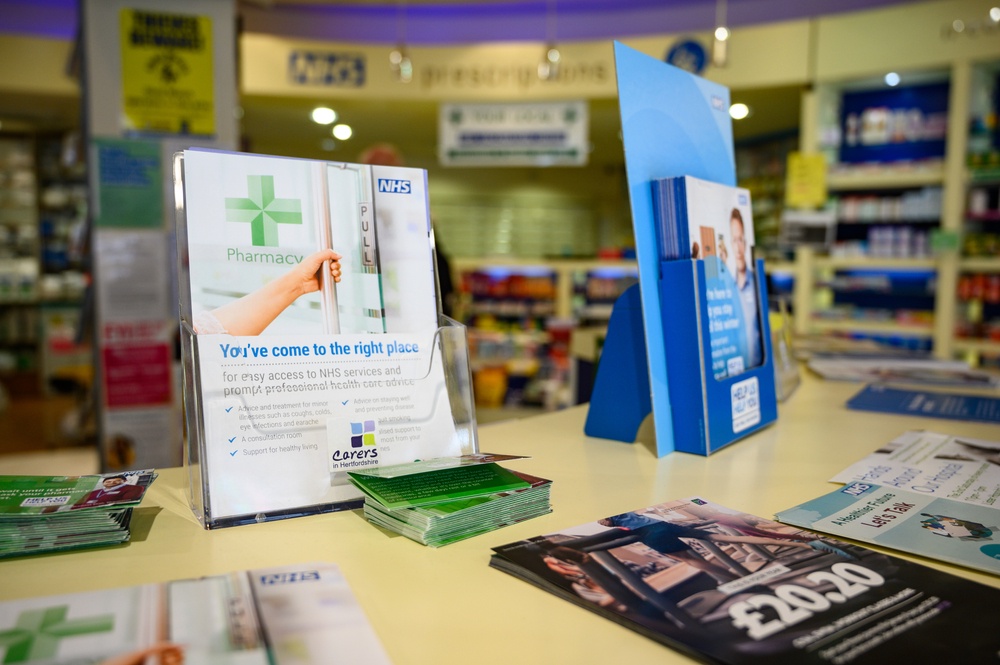
Community pharmacies provide a range of services to health boards. They are independent businesses contracted to provide services to the NHS. In this respect they are similar to other health care services such as GPs, dentists and opticians. Under the most recent community pharmacy contract pharmacists in Scotland are providing more clinical services that aim to improve patient care.
This includes services to prevent cardiovascular disease (CVD). CVD is a considerable health burden in Scotland. Services to modify unhealthy behaviour - for example, smoking, poor diet, and obesity – are currently provided in community pharmacies. There is also the potential to offer health checks. In England, the NHS has started to offer free heart checks in pharmacies.
Our recent article in the ‘Patient’ journal looked at public preferences for a community pharmacy-based health check for CVD.
How we explored public preferences
Our research used a discrete choice experiment (DCE). In a DCE, we use surveys to ask people to make trade-offs between different options. In this way, we can find out what people value about their healthcare. DCEs are described in this short HERU video. Our DCE aimed to explore the factors that are important to the public when accessing a community pharmacy health check.
The study took place in a high street community pharmacy and nearby locations located within Aberdeen city. A sample of around 400 participants was obtained through approaching members of the public. People who took part were shown a short video and then asked to complete the DCE survey.
Public acceptance of pharmacy-based services
Our results indicate public acceptance of a pharmacy-based CVD health check. Most people in the survey preferred health checks that were delivered by an experienced healthcare professional, either a nurse or a pharmacist. There was a preference for follow-up care three months after the health check and weekend appointments that lasted 30 minutes. This service was valued at around £50.
Looking at the results for different sub-groups showed that preferences were influenced by age, gender, employment status, income, and previous use of a pharmacy. The results are discussed more fully in the article.
Overall, it was shown that people would prefer an appointment with a nurse or a pharmacist. They would accept an alternative provider (such as a trainee pharmacist) if that came with a lower cost and weekend appointments with follow-up care.
Lessons for expanded services
Our study confirms previous research that the public would accept a pharmacy-based CVD health check. It is one of the first to use a DCE to explore the aspects of a pharmacy-based CVD health check that people would value.
We showed that people would value:
- Health checks by a healthcare professional (nurse or pharmacist).
- An appointment system.
- Weekend availability.
- Follow-up checks after three months.
During the COVID-19 pandemic the role of community pharmacies was enhanced to reduce pressure on other parts of the NHS. In the NHS Recovery Plan, the Scottish Government have indicated their aim to maximise the use of community pharmacies. In England, the role of community pharmacy is also being expanded to aid recovery from the pandemic.
The results of our study can inform the design of these new and enhanced services and provide insight into how the public value community pharmacy services.
Reference
Chua, G.N., Bond, C., Porteous, T. & Ryan, M. (2022) 'Will the public engage with new pharmacy roles? Assessing future uptake of a community pharmacy health check using a discrete choice experiment', The Patient - Patient-Centered Outcomes Research [Epub ahead of print].

Thanks to the study team (Gin Nie Chua, Christine Bond, Terry Porteous and Mandy Ryan) for their help compiling this blog post.
HERU is supported by the Chief Scientist Office (CSO) of the Scottish Government Health and Social Care Directorates (SGHSC). The views expressed here are those of the Unit and not necessarily those of the CSO.


